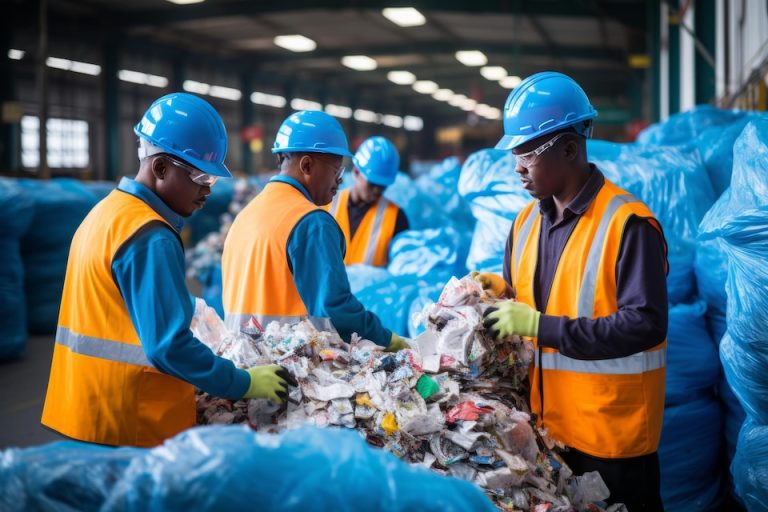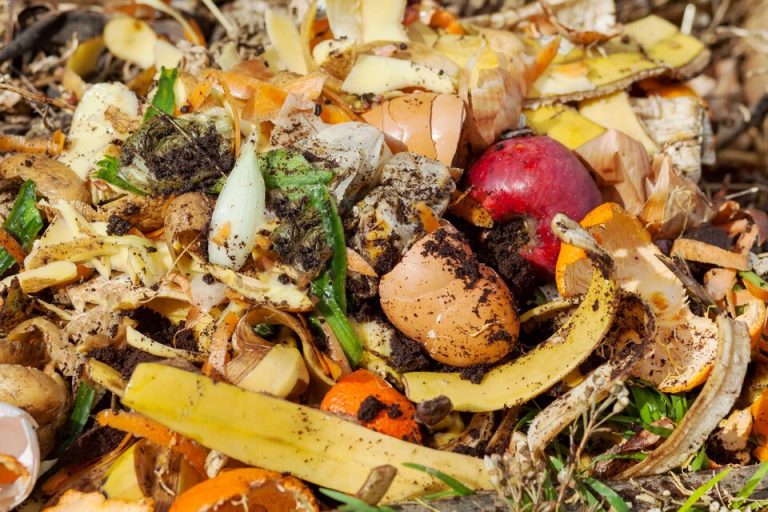Plastic waste has become a pervasive environmental challenge in Africa, posing a significant threat to the continent’s ecosystems and human health. The rapid growth of plastic consumption, coupled with inadequate waste management infrastructure, has led to widespread plastic pollution in landfills, waterways, and even in remote areas. Addressing this issue is crucial for protecting Africa’s environment and ensuring the well-being of its people.
The Plastic Waste Crisis in Africa
Africa’s plastic waste problem is multifaceted and complex. The continent’s population is growing rapidly, leading to increased demand for plastic products. However, the infrastructure for proper waste collection, treatment, and disposal is often lacking, resulting in improper disposal practices. Plastic waste ends up in landfills, where it can leak harmful substances into the environment, or in waterways, where it poses a threat to marine life.
Environmental Impacts
Plastic pollution has devastating consequences for Africa’s environment. Plastic debris in waterways can entangle and harm marine animals, disrupting ecosystems and affecting food chains. Microplastics, small plastic fragments, can enter the food chain, posing risks to human health. Plastic waste also degrades landscapes, littering beaches, and harming wildlife.
Health Impacts
The improper disposal of plastic waste poses significant health risks to African communities. Leaching from landfills can contaminate drinking water sources, exposing people to harmful chemicals. Burning plastic releases toxic fumes, contributing to air pollution and respiratory illnesses. Microplastics can also accumulate in the human body, potentially leading to long-term health problems.
Addressing the Plastic Waste Challenge
Tackling Africa’s plastic waste crisis requires a comprehensive approach that encompasses:
- Reducing Plastic Consumption: Encourage consumers to adopt sustainable practices, such as using reusable shopping bags, containers, and utensils, and choosing products with minimal or recyclable packaging.
- Improving Waste Management Infrastructure: Invest in developing and expanding waste collection, transportation, and disposal facilities, ensuring proper handling and treatment of plastic waste.
- Promoting Recycling and Reuse: Establish and support recycling programs to divert plastic waste from landfills and convert it into new products. Encourage creative reuse of plastic waste, such as transforming discarded bottles into useful items.
- Raising Awareness and Education: Educate communities about the dangers of plastic pollution and promote sustainable waste management practices. Encourage behavioral change and empower individuals to make informed choices.
- Enacting and Enforcing Regulations: Implement and enforce strong regulations on plastic production, consumption, and disposal, holding manufacturers and consumers accountable for their plastic footprint.
Conclusion
Addressing plastic waste management in Africa is essential for promoting sustainable development and safeguarding the continent’s environment and human health. By adopting a multi-pronged approach that combines reducing consumption, improving infrastructure, promoting recycling, raising awareness, and enforcing regulations, Africa can transition towards a more sustainable future where plastic waste is managed responsibly and its negative impacts are minimized. Working together, African governments, businesses, communities, and international partners can create a cleaner and healthier environment for generations to come.







